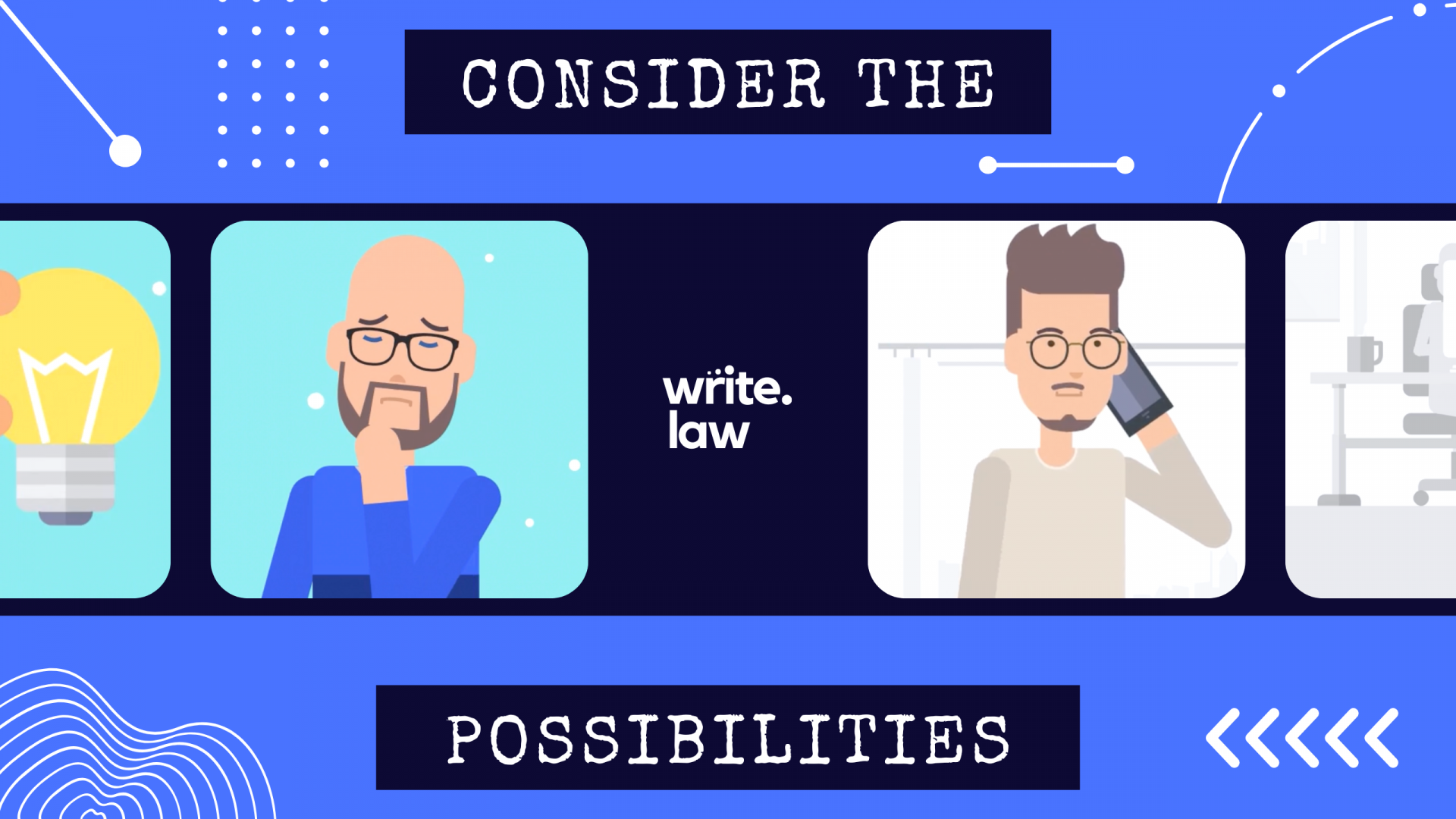LEGAL WRITING
Consider the Possibilities
Discover the potential of legal writing to drive innovation and transformation with this expert article on the future of legal writing and its evolving role in meeting the changing needs of the legal profession.
-
Joe Regalia

Considering the possibilities: take key evidence, and especially any gaps in the evidence—and ask what reasonable inference you (and your audience—the judge and jury) can draw from it.
This is always an option when it comes to the witnesses or key players’ motivations because you’ll never have perfect evidence of what was going on in someone's head. And neither will the other side. So you can always consider what picture you can paint with the evidence about folks' motivations given the evidence you have to work with.
But you can use this tool for every gap in the evidence. Every omission. Every silence.
Why was the defendant in that parking lot at 2 a.m? Why did the police fail to label one of the key exhibits at the scene? Why did the corporate defendant spend so much in publicity following an alleged harassment incident if there really was no validity to it?
You can't always make these ultimate conclusions for audiences--in fact, you often shouldn’t. But you can lead your audience to these conclusions by laying the break crumbs out in a path they can’t help but follow.
And keep in mind not only omissions you can use to benefit your case or that are legally relevant–but also omissions that might hurt your client if you don’t explain them. Or omissions that might make an emotional thrust (or confusion) if you don’t clear it up.
Let’s take a simple example:
Say you're representing a client in a discrimination lawsuit. An email you found in discovery suggests your client’s supervisor didn’t let your client join a corporate retreat one summer. There is no other evidence explaining exactly why your client got excluded from this retreat. So consider the possibilities. Did the supervisor not like your client? Was he trying to prevent your client from talking to other senior executive at the retreat? What other evidence might you be able to link to this gap to suggest your audience something favorable about your client?
If you were representing the supervisor and the company, you'd likely want to figure out how to explain or fill this omission because, otherwise, audiences are likely to assume the worst about the supervisor's motivations for keeping the plaintiff away from the retreat.
Joe Regalia
Write.law co-founder Joe Regalia combines his experience as both practitioner and professor to create exciting new ways to teach legal skills. Learn more about Joe
Sign up for our newsletter!
Get writing and other legal practice tips delivered to your inbox every other Thursday.
Thanks for joining!
We’ve sent a welcome email to your inbox.
We’ve sent a welcome email to your inbox.
We're on a mission to make legal skills training engaging, effective, easy to use—and accessible to all.


